The introduction sets the stage for understanding how to treat a sick cockatiel at home. Cockatiels are beloved and popular pet birds, cherished for their charming personalities and beautiful plumage. However, like all pets, they are susceptible to illnesses that can affect their health and well-being. Recognizing the signs of illness in cockatiels is of paramount importance.
These birds are known for their resilience, but prompt attention to their health is crucial. In this article, we will explore how to treat a sick cockatiel at home and how to identify illness in cockatiels and provide guidance on creating a comfortable environment, administering care, and seeking professional advice to ensure the speedy recovery of these cherished avian companions.
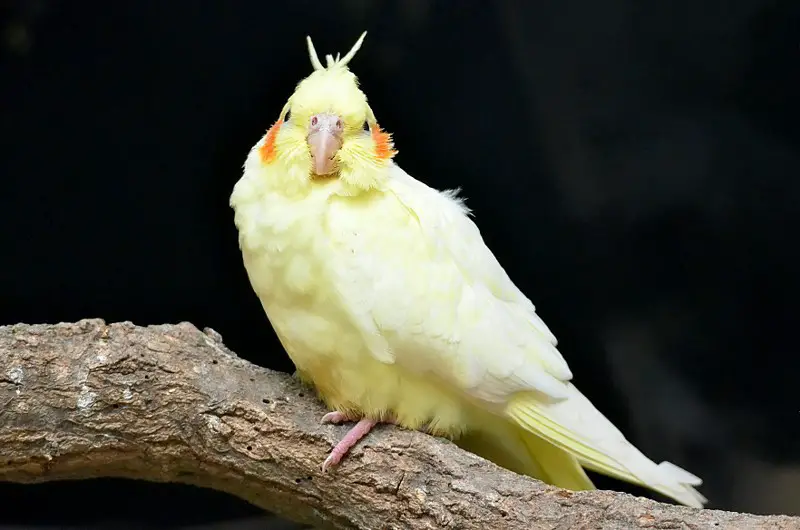
Identifying the Signs of Illness
Identifying signs of illness in cockatiels is the first step towards how to treat a sick cockatiel at home and providing them with timely care. Several common indicators can serve as red flags for potential health issues in a sick cockatiel. These may include changes in behavior, such as lethargy, excessive sleeping, or reduced interaction with their human companions. Alterations in appearance, such as ruffled feathers, discolored plumage, or changes in the eyes or beak, can also signify illness.
Furthermore, shifts in appetite, such as a decreased interest in food or water, should not be overlooked. Recognizing these subtle but crucial changes is vital because early intervention can often make a significant difference in the outcome of the illness. In the following sections, we will delve deeper into each of these signs and explore how to treat a sick cockatiel to ensure the well-being of your cockatiel.
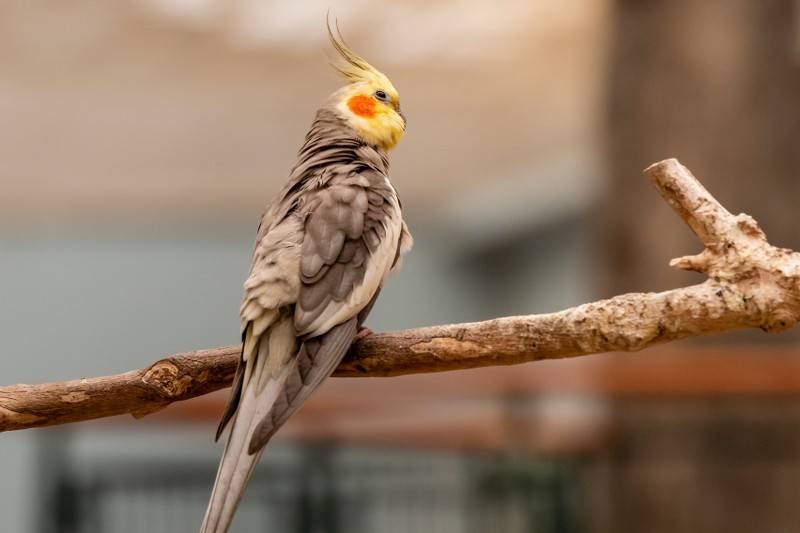
Steps on How to Treat a Sick Cockatiel at Home
Creating a Comfortable Environment
When a cockatiel falls ill, creating a comfortable and isolated environment is crucial for their recovery in how to treat a sick cockatiel at home. Isolation serves a dual purpose: it not only minimizes the risk of spreading illness to other birds but also provides the sick cockatiel with a quiet and stress-free space to heal. By separating the ill bird from its companions, we reduce the chances of disease transmission and allow it to recuperate without the added stress of social interactions.
To set up an ideal space for your sick cockatiel, choose a warm and well-lit room with minimal foot traffic. Provide a spacious, clean cage with comfortable perches and a cozy nest box for rest. Ensure the environment is free from drafts and loud noises, as a quiet and stress-free setting can significantly aid in the bird’s recovery. Regularly clean and disinfect the cage to maintain a hygienic space, which is particularly essential when a cockatiel is unwell. This is the first step you need to learn how to treat a sick cockatiel.
Maintaining Proper Temperature
Maintaining proper temperature and humidity levels is pivotal in caring for a sick cockatiel, especially to treat a cockatiel sneezing. These delicate birds thrive in a temperature range of around 70-80°F (21-27°C). For ailing cockatiels, it’s especially crucial to keep the environment within this comfortable range, as they may struggle to regulate their body temperature when sick. Avoid exposing them to drafts or extreme temperature fluctuations, which can exacerbate their condition in how to treat a sick cockatiel at home.
Additionally, cockatiels thrive in a moderately humid environment. Aim for humidity levels around 40-60%, as dry air can lead to respiratory discomfort. To regulate humidity, consider using a room humidifier or placing a shallow dish of water near the cage. Be sure to monitor the temperature and humidity levels regularly to ensure your sick cockatiel enjoys a cozy and conducive environment for recovery. These steps are crucial to know how to treat a cockatiel with a cold.
Hydration and Nutrition
Hydration and nutrition play a pivotal role in the treatment of a cockatiel sneeze. Ensuring your feathered friend has access to fresh and clean water is paramount. Monitor the water dish regularly to confirm that your cockatiel is drinking adequately, as illness can lead to dehydration. To stimulate water intake, you can occasionally offer a shallow dish of water for them to bathe in, as many cockatiels enjoy this dual-purpose activity. In terms of nutrition, it’s crucial to provide easily digestible and nutritious foods. This will also help in case of your cockatiel pooping water.
Offer a variety of soft and moist options, such as fresh fruits and vegetables, cooked rice, and high-quality commercial bird foods. You can also try baby food or specially formulated hand-feeding formulas designed for birds. Ensuring a diverse and appealing diet can encourage your sick cockatiel to eat and maintain its strength during the recovery process. To know the proper steps on how to treat a cockatiel with a cold, always consult with a veterinarian for specific dietary recommendations tailored to your bird’s condition.
Medical Administration
Administering medications to a sick cockatiel is a critical aspect of their care, but it should be approached with caution and precision. The timing and method of medication administration are crucial in the treatment of illnesses such as your cockatiel pooping water. Follow the veterinarian’s instructions on how to treat a sick cockatiel at home meticulously, adhering to prescribed dosages and schedules. Some medications may need to be given with food, while others should be administered directly into the bird’s beak. While understanding how to treat sick cockatiel, it’s essential to be gentle and patient during this process to minimize stress for both you and your cockatiel.
Use the prescribed method for medication delivery, which may include oral syringes, droppers, or mixing medication with a small amount of a favorite treat. Never discontinue medication prematurely, even if the bird appears to be improving, as doing so could lead to a relapse or incomplete recovery. Always finish the full course of treatment as directed by the veterinarian, and if you encounter any difficulties or side effects during the administration process, promptly consult with the vet for guidance and adjustments. This is an important step of how to treat a sick cockatiel at home.
Seeking Professional Advice
Seeking professional advice from an avian veterinarian on how to treat a sick cockatiel at home is a pivotal step in the journey to nurse a sick cockatiel back to health. Avian specialists possess the expertise and experience necessary to diagnose and treat avian illnesses accurately. If you notice any signs of illness in your cockatiel, from changes in behavior to alterations in appearance or appetite, don’t hesitate to schedule a vet visit. To make the most of your visit, prepare by jotting down your observations such as a cockatiel sneeze or any other changes you’ve noticed in your bird’s condition.
To receive proper advice on how to treat sick cockatiel, provide a detailed history of your cockatiel’s diet, living conditions, and any recent changes in its environment. This information is invaluable for the vet in assessing your bird’s health. During the visit, be sure to ask questions and seek clarification on any concerns you may have. Timely veterinary attention and open communication are the cornerstones of ensuring your cockatiel receives the best possible care during its recovery journey. This is a crucial aspect of how to treat a sick cockatiel at home.
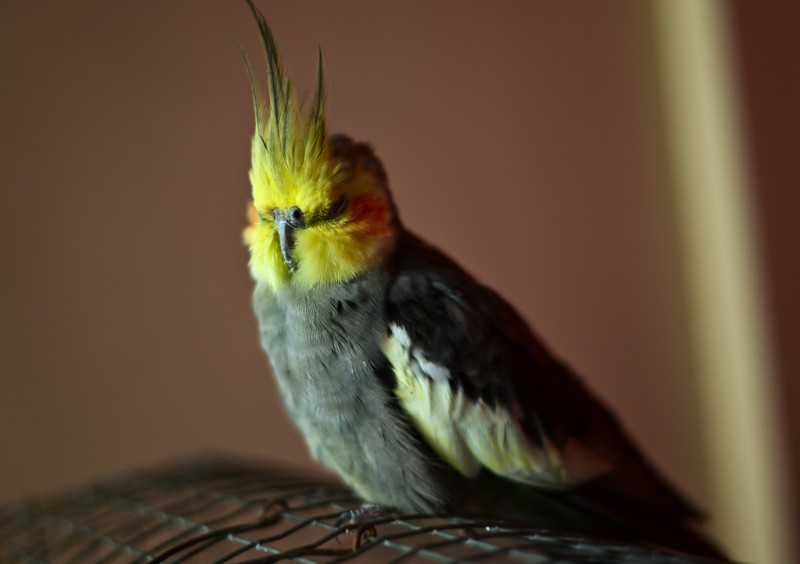
Common Cockatiel Illness and Home Care
Cockatiels, like all pets, are susceptible to various illnesses, and understanding these common maladies is crucial for their well-being. Respiratory infections, characterized by symptoms like cockatiel sneezing, nasal discharge, and labored breathing, often require isolating the bird in a warm, humid environment and providing antibiotics as prescribed by a veterinarian. According to PetKeen, Chlamydophilosis is one of the most common diseases in cockatiels.
Gastrointestinal issues, on the other hand, can manifest as diarrhea or changes in droppings. In such cases, it’s vital to maintain proper hydration by offering fresh water and easily digestible foods like rice or mashed sweet potatoes. Consult your avian vet for specific guidance on how to treat a sick cockatiel at home tailored to your cockatiel’s condition, as these birds can hide signs of illness, and early intervention is key. Furthermore, maintaining a clean cage and environment can prevent illnesses from spreading, emphasizing the importance of proactive hygiene measures in the care of your feathered companion. This is a vital tip on how to treat a sick cockatiel at home.
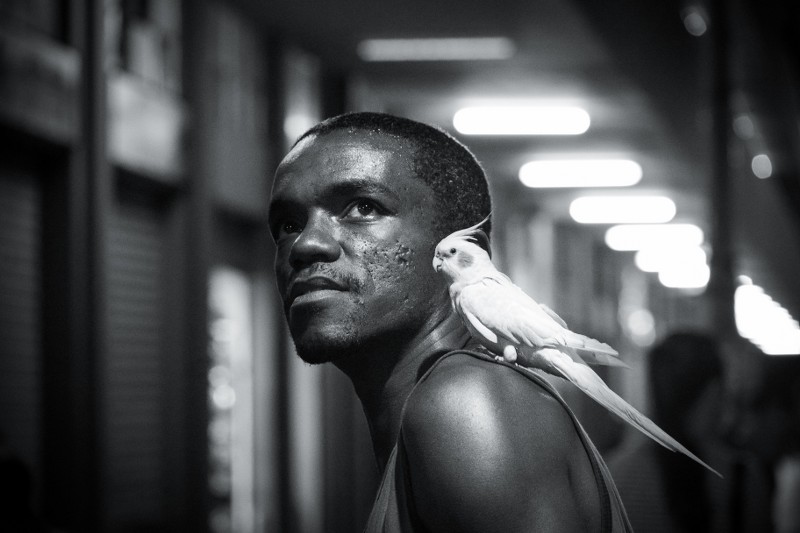
Preventive Measures – How to Treat a Sick Cockatiel at Home
Preventive measures are fundamental in how to treat a sick cockatiel at home and to keep your cockatiel healthy and vibrant. Maintaining a clean and hygienic environment in their cage is paramount, as it minimizes the risk of bacterial or fungal infections. Regularly disinfecting perches, toys, and the cage bottom can significantly reduce contamination. Ensuring a balanced and nutritious diet tailored to their specific needs is equally essential, as a well-fed bird is more resilient to illness. Doing a Physical Examination regularly is also very important.
Additionally, providing mental stimulation and social interaction helps prevent stress, which can weaken their immune system. Equally vital is the need for periodic health check-ups with an avian veterinarian, even when your cockatiel appears healthy. These professionals can detect and address potential issues before they become serious, safeguarding your bird’s well-being in the long run. By incorporating these preventive measures into your cockatiel’s care routine, you can foster a healthy and thriving avian companion and also gain knowledge on how to treat a sick cockatiel at home for future measures.
Conclusion
In conclusion, knowing how to treat a sick cockatiel at home, demands vigilance, compassion, and a well-informed approach. We’ve explored the significance of identifying signs of illness, creating a comfortable environment, and maintaining proper hydration and nutrition. The administration of medications and the pivotal role of consulting an avian veterinarian cannot be overstated.
To provide the best care for our feathered friends, we must be diligent in observing their well-being, prompt in addressing any concerns, and always seek professional guidance when needed. Timely intervention and adherence to veterinary advice are the keys to ensuring the well-being of our pet cockatiels, allowing them to lead healthy and happy lives as cherished members of our households. For more posts like How to Treat a Sick Cockatiel at Home, check out our blog.

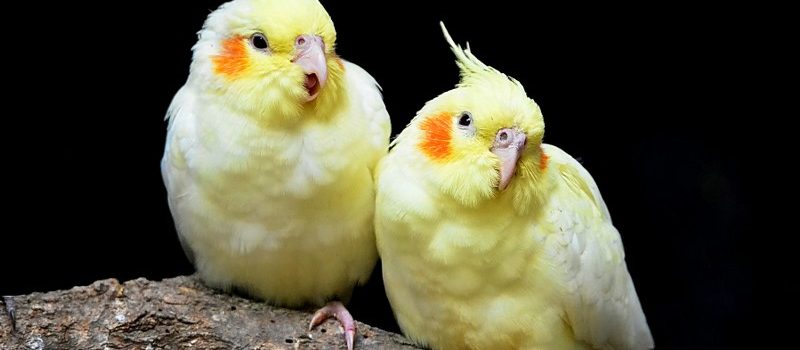


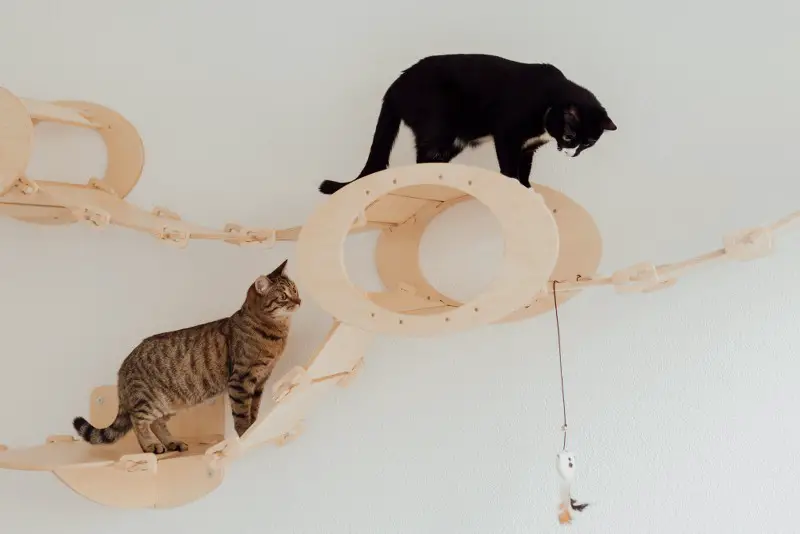

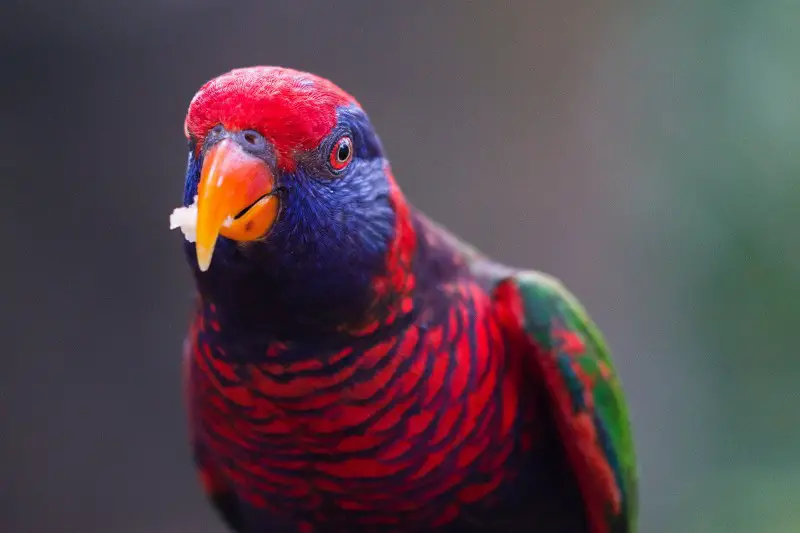


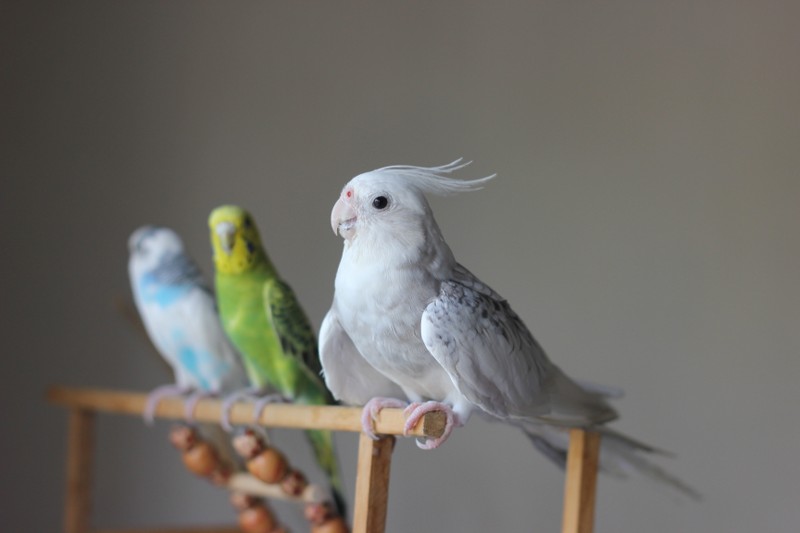
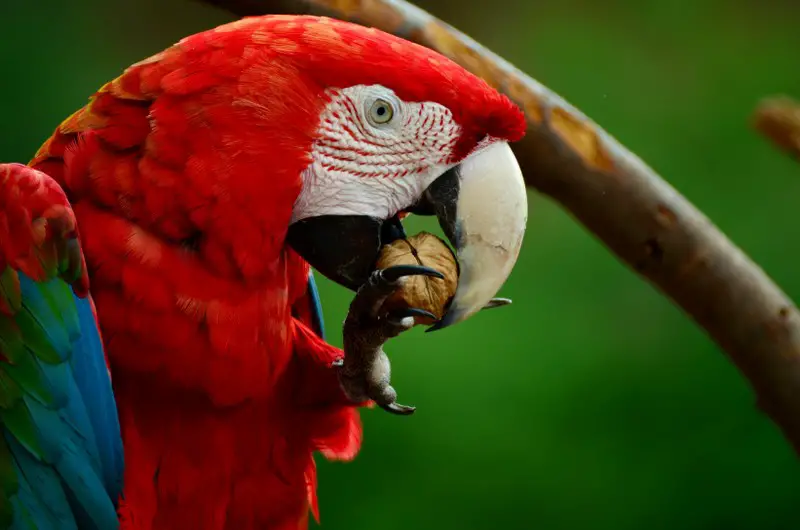
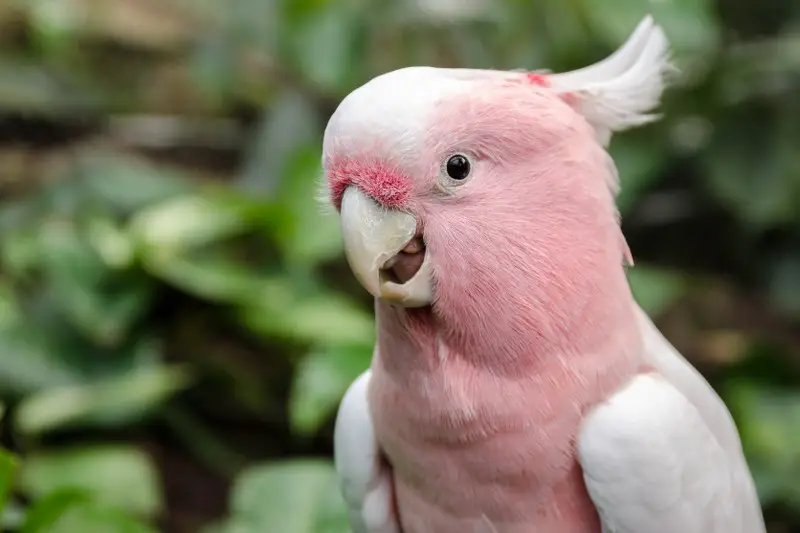
2 Responses